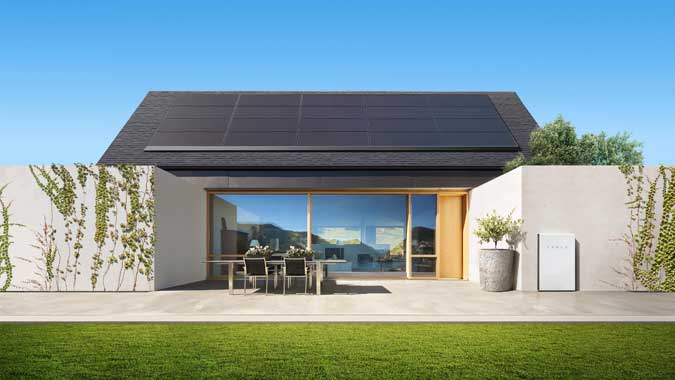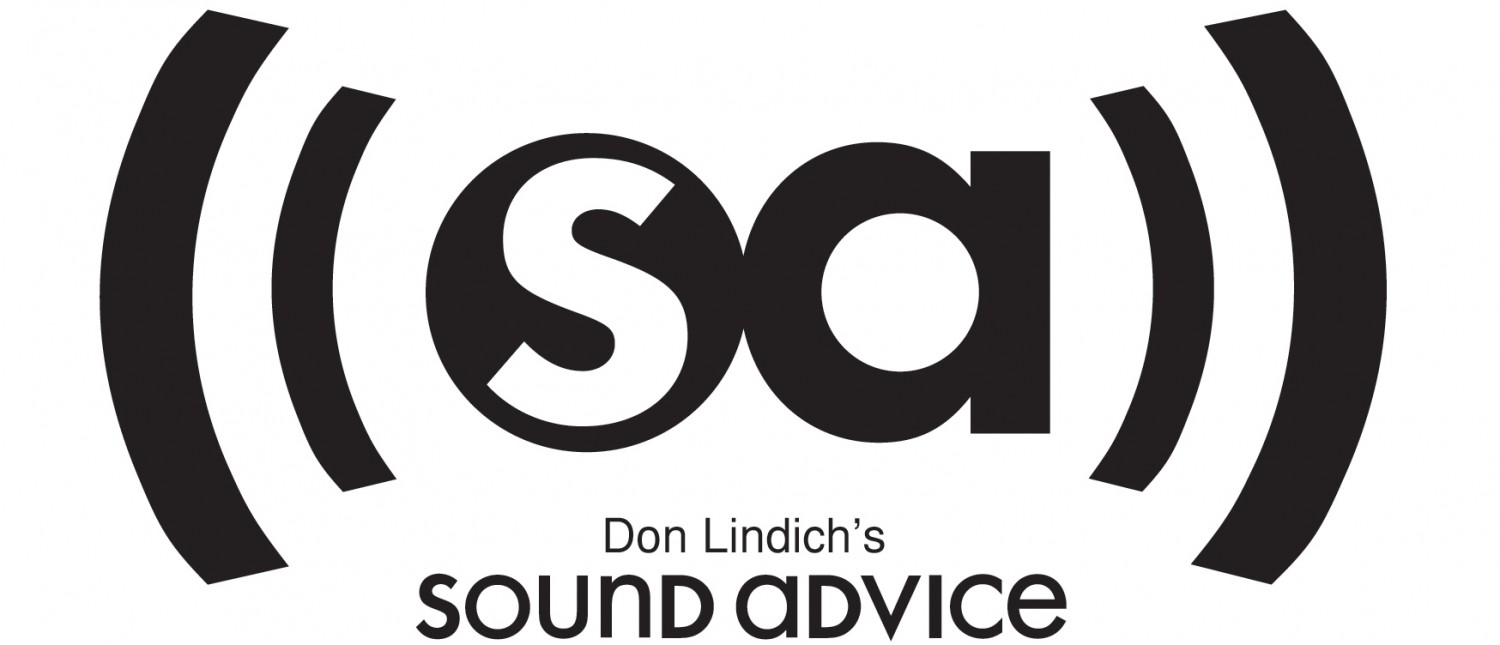
Sound Advice
By Don Lindich
Week 40, 2020
Q. I just read your column about automatic backup generators in my local newspaper. Thank you for that very useful and intelligent summary of the issue. It would be extremely useful to have a detailed comparison of backup generators to solar panels and battery installations in homes. It is hard to find independent analyses such as you could provide.
-J.W., San Jose, CA
A. I received quite a few emails resembling yours, originating mostly in California. I am very familiar with automatic backup generators and portable generators for home use, having studied and used them for over a decade. Compared to this established and largely mature technology, solar is a wide-ranging and rapidly changing field with many variables based on geographical location, the home itself, and local laws including potential tax savings and rebates. A detailed comparison would take much more than a 600-word newspaper column, and given I have not owned or reviewed solar equipment I can’t discuss it from experience. The best I can do is provide an overview of the leading system and the costs, then direct you to a resource where you can finish the comparison on your own.
The best known home solar panel and battery combination is the Tesla Powerwall. It uses solar panels to charge large batteries that store energy that can be used in your home every day, as well as for home emergency backup power. Your home’s size and power requirements and the number of panels and batteries you have determines how long you can go without grid power.
A home backup generator powered by natural gas or propane could power a home for at least a few weeks without it being much of a challenge to the system (short of wear on the generator’s engine and its maintenance requirements) but you would need a lot of panels and batteries to get that from a solar-based system. Based on the brief comparison I did for myself as part of my research for this column, a Powerwall will also cost much more than an automatic backup generator but you will benefit from it every day as it helps reduce your electric bill.
If your main goal is to have emergency power indefinitely in an emergency, the backup generator makes more sense to me. If you want to save on your electric bill year-round, help the planet by using clean solar energy and have backup power for a limited time the Powerwall could be a great option. In fact, if money is no object and you want to install enough solar panels and Powerwall batteries to provide yourself with a few days’ worth of backup power, I can’t think of a better way to go. It is definitely much more expensive up front, though. A system that would provide 1.5 days of backup power for my home in Pennsylvania was $32,400 before incentives and $23,433 after the incentives were applied. An automatic backup generator would run around $4,000, but it only has a benefit when the power is out.
You can learn more about the Powerwall system and get an estimate on what a suitable system will cost at http://tesla.com/powerwall. Once the potential savings in utility bills are taken into account it may work out to be a great option for you, especially if you are incorporating the solar panels and batteries into a new construction plan.
